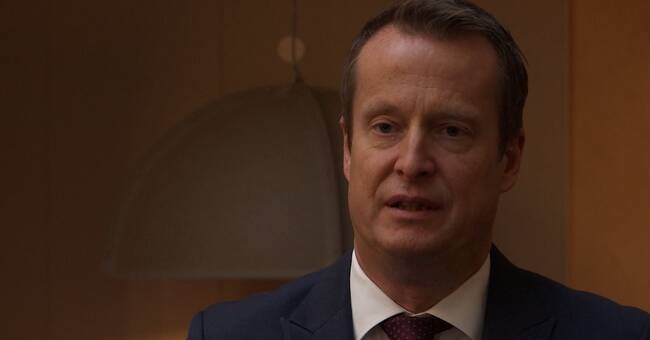Shortly after the Administrative Court's decision, the Swedish Post and Telecom Agency postponed the 5G auction, which was to start on Tuesday.
Among various telecom operators, there is now great concern that the roll-out of the 5G network will be delayed.
It was on October 20 that the Swedish Post and Telecom Agency told about the conditions for the four companies that may participate in the upcoming auction for so-called 5G telephony.
Following recommendations from SÄPO, PTS said that bidders should not use technology from the Chinese telecommunications companies Huawei and ZTE due to security reasons.
According to PTS, the decision cannot be appealed, but it is wrong according to the court that now inhibits the decision.
Secure mobile networks a priority
The background is the law that the government and parliament pushed through a year ago called the Huawei Act.
- Our priority is for Swedish mobile networks to be secure.
And that means that we make the same demands on security regardless of which of the suppliers it is about, says Anders Ygeman.
The law that you, together with the rest of the government and the risk day, pushed through went at a fast pace. Did it contribute to legal uncertainty?
- No absolutely not.
In a state governed by the rule of law, anyone who considers himself affected by a decision has the right to appeal the decision.
Here, the authority has made a decision and now the administrative court must see if there is a basis for the authority's decision.
Why did the legislation come into place so quickly?
- Because the 5G network and mobile telephony are becoming increasingly intrusive in our lives.
And as it becomes increasingly important, safety requirements must also be raised.
Shutting down Huawei could incur an additional cost. The company's services have so far been cheap internationally. Who can pay?
-If it is now the case that a component poses a danger to the country's security, then the price for excluding such a component is lower than what a possible price pressure could give, says Anders Ygeman.

